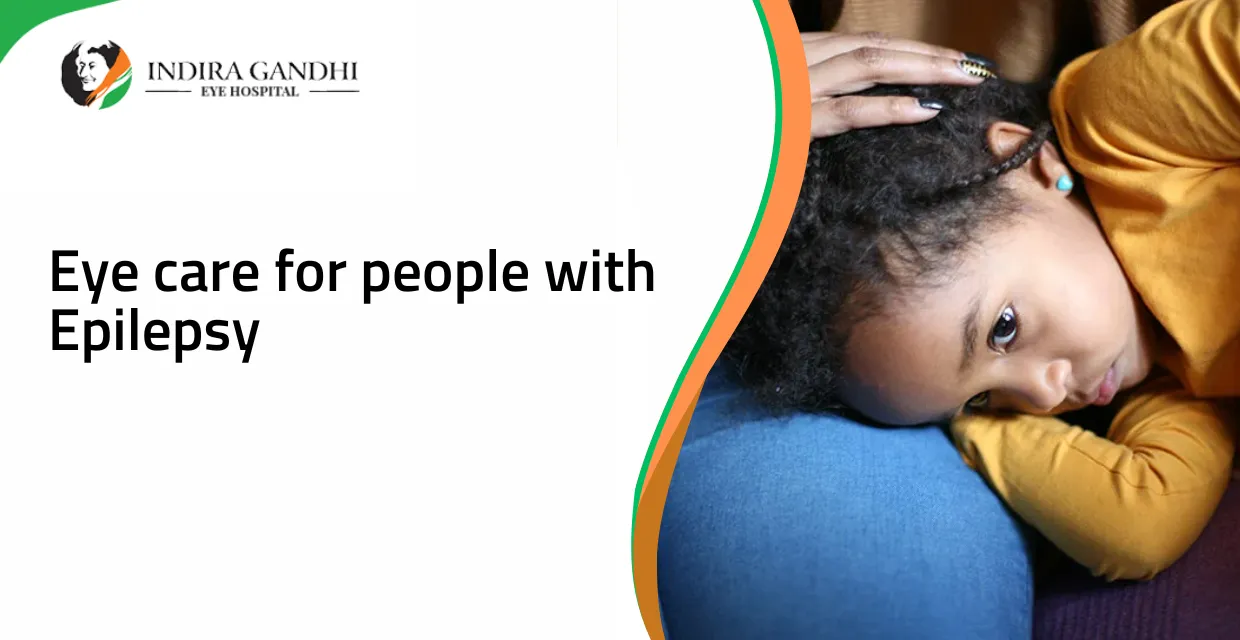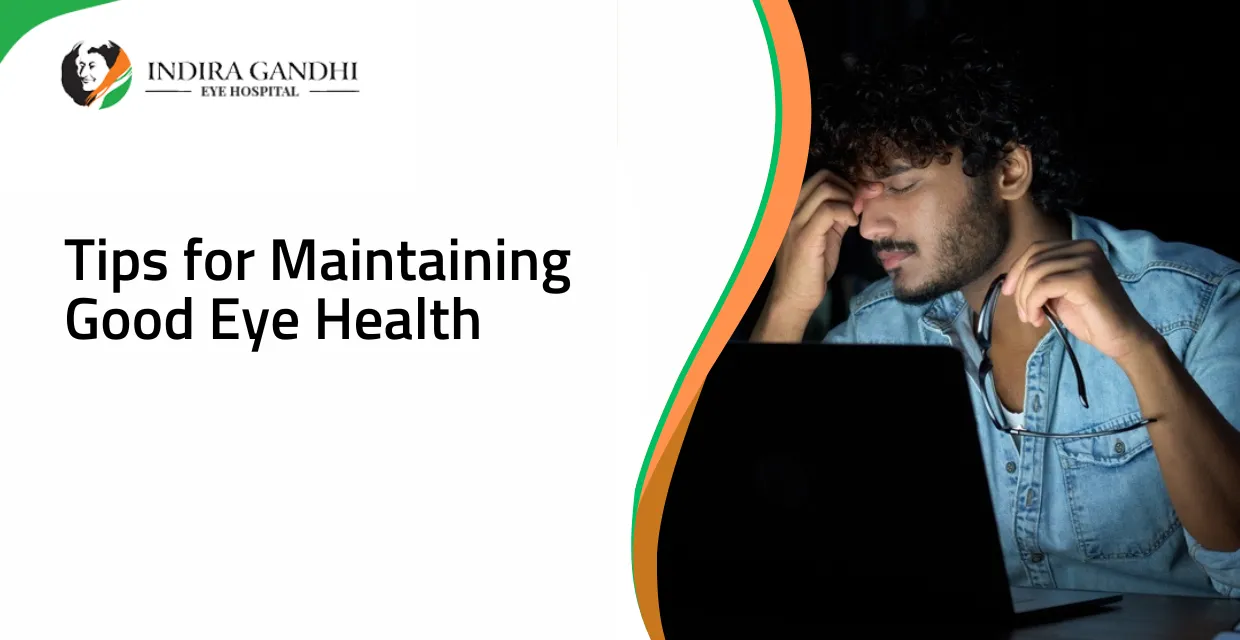Epilepsy is a neurological disorder that affects the brain and is characterized by recurrent seizures. While seizures can affect any part of the body, they can also affect the eyes and vision. People with epilepsy need to take care of their eye health, as untreated epilepsy can lead to vision loss and other eye problems.
Some common eye problems associated with epilepsy include:
Nystagmus: This is a condition in which the eyes move rapidly and involuntarily, often causing blurred vision and difficulty focusing. Nystagmus can be caused by a variety of factors, including seizures and other neurological disorders.
Photophobia: This sensitivity to light can be triggered by seizures. People with photophobia may experience discomfort or pain when exposed to bright light, which can interfere with their ability to see clearly.
Visual field loss: Seizures can affect the visual system and cause loss of vision in certain areas of the visual field. This can make it difficult to see objects or details in the affected area.
To maintain good eye health, it is important for people with epilepsy to:
Regularly visit an eye doctor: It is important to see an eye doctor regularly to monitor any changes in vision and eye health. Your eye doctor can also provide treatment options to help manage any eye problems associated with your epilepsy.
Manage seizures: Properly managing seizures is essential for maintaining overall health, including eye health. This may involve taking medication, following a healthy lifestyle, and avoiding triggers that can cause seizures.
Protect your eyes from injury: Seizures can increase the risk of eye injury, so it is important to take precautions to protect your eyes, such as wearing protective eyewear when participating in activities that may pose a risk of injury.
Eat a healthy diet: A diet rich in fruits, vegetables, and other nutrients can help support overall eye health. Foods high in antioxidants, such as berries and leafy green vegetables, can help protect the eyes from damage caused by free radicals.
Manage stress: Stress can have a negative impact on eye health, so it is important to find healthy ways to manage stress, such as through regular exercise or relaxation techniques.
In conclusion, it is important for people with epilepsy to take care of their eye health to prevent vision loss and other eye problems. Regular visits to an eye doctor, proper seizure management, protecting your eyes from injury, eating a healthy diet, and managing stress can all help support eye health and maintain good vision. If you have epilepsy and are concerned about your eye health, it is important to speak with your eye doctor or healthcare provider for further guidance and treatment options.



